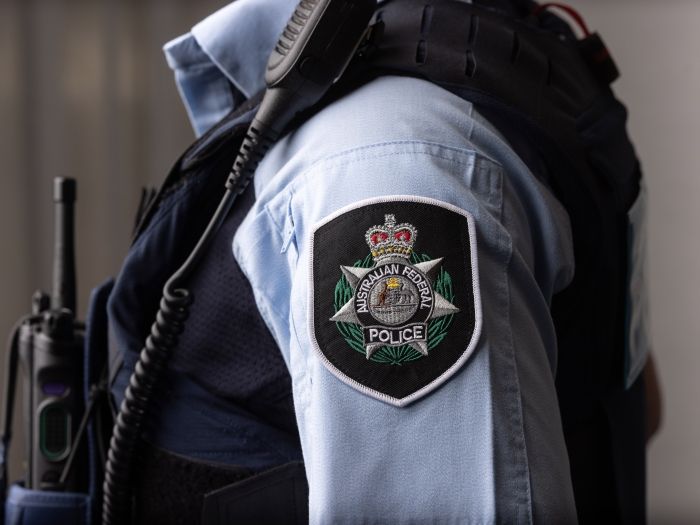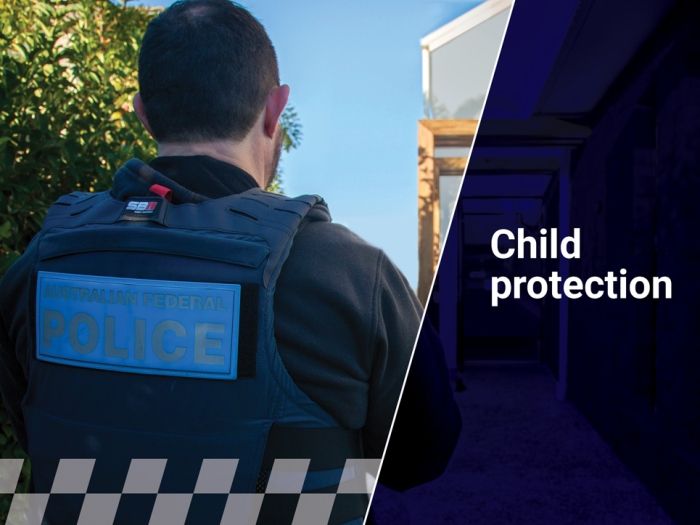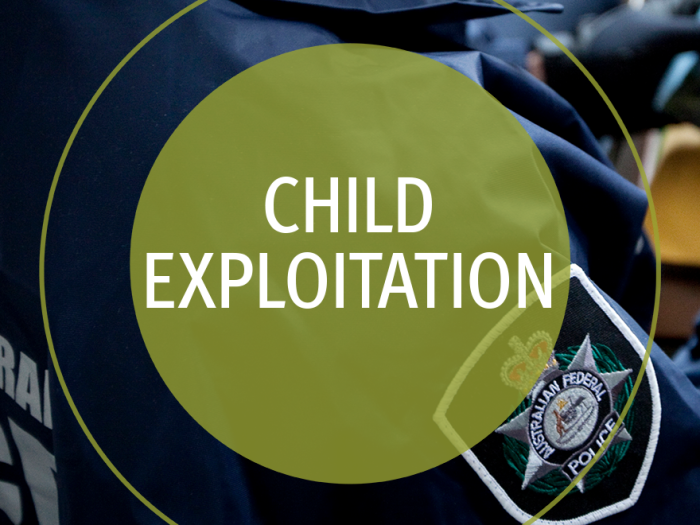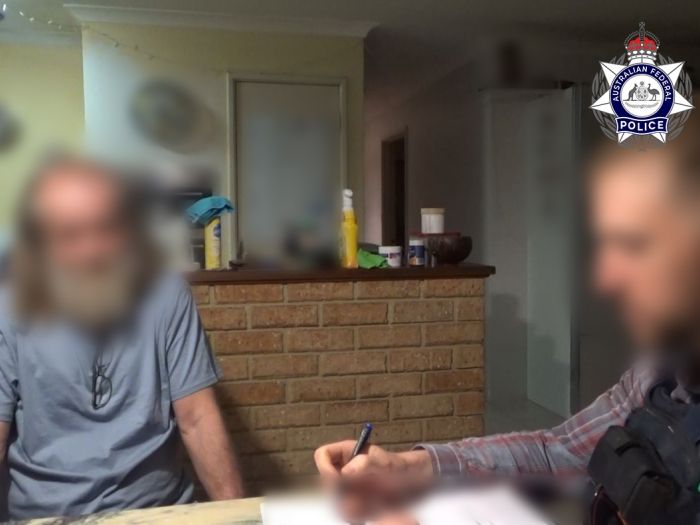Six children removed from harm in the Philippines following international investigation
Editor’s note: Photos are available via Hightail.
This is a joint media release between the Australian Federal Police and Philippine National Police.
Six children have been removed from harm in the Philippines after an international child sexual abuse investigation was launched due to AFP intelligence.
An investigation between the AFP and Philippine National Police (PNP) began in April, 2024, after the Tasmanian Joint Anti Child Exploitation Team (JACET) arrested a Tasmanian man, 41, for alleged online child abuse offences.
During a search warrant at the man’s Kings Meadows home on 26 March, 2024, investigators allegedly found child abuse images and videos, and a text-based conversation with a person allegedly facilitating the sale of child abuse material stored on the man’s mobile phone. Further digital forensic analysis of the seized phone led AFP investigators to allegedly locate evidence that the facilitator and child victims were based in the Philippines.
A second man, 41, was arrested by the AFP at Melbourne Airport on 11 April, 2024, after child abuse material was allegedly located on his phone after he arrived in Australia from the Philippines. A subsequent search warrant at the man’s residence allegedly revealed evidence of contact offending against child victims offshore.
The Tasmanian man was charged by the AFP with four counts of using a carriage service for child abuse material and four counts of using a carriage service to transmit indecent communication to person under 16. The matter is still before the courts.
The Victorian man was charged by the AFP with several counts of possessing, soliciting, and causing the transmission of child abuse material using a carriage service, one count of grooming a person to engage in sexual activity with a child under 16 outside Australia and one count of engaging in sexual activity with a child outside of Australia. The man plead guilty to the charges on 28 November, 2024, and is scheduled to be sentenced in April 2025.
Intelligence from both investigations was provided to the Philippine Internet Crimes Against Children Centre (PICACC) and AFP investigators based in Manila identified common aspects between the cases, including victims linked to both men.
On 14 November 2024, the Philippine National Police (PNP) Mindanao Field Unit (MFU), alongside the Philippine Department of Social Welfare and Development (DSWD), the City Social Welfare and Development Office (CSWDO) and members from the AFP Manila Post, executed search warrants in the Cagayan De Oro region in the southern Philippines.
As a result, two women, 43, and 23, were arrested and charged with a number of human trafficking and child abuse material offences contrary to Filipino law. Each of these offences carry a maximum penalty of life imprisonment.
Six children, the youngest aged just two years old, were also removed from harm and placed in the care of child welfare services.
AFP Manila Liaison Officer, Detective Sergeant Daisie Beckensall, said the case highlighted the strength of the AFP’s international network and the commitment of all agencies to protect children around the world.
“The rescues and arrests are a powerful reminder of why the AFP works closely with partners around the globe – to share intelligence and the resources necessary to target anyone who preys on children,” Det-Sgt Beckensall said.
“These children’s lives have been irrecoverably damaged and we know there are too many other children still at risk.
"That is why we will never give up our fight to keep children safe and stop those who try to exploit or abuse them.”
Philippine National Police Brigadier General Portia B. Manalad said that the cooperation between the Philippine National Police Women and Children Protection Centre and the AFP Manila Post led to this great result.
“Our two organisations will continue to exchange intelligence in order to arrest further perpetrators and rescue more children,” Brigadier General Manalad said.
The AFP and its partners are committed to stopping child exploitation and abuse and the Australian Centre to Counter Child Exploitation (ACCCE) is driving a collaborative national approach to combatting child abuse.
The ACCCE brings together specialist expertise and skills in a central hub, supporting investigations into online child sexual exploitation and developing prevention strategies focused on creating a safer online environment.
Members of the public who have information about people involved in child abuse are urged to contact the ACCCE. If you know abuse is happening right now or a child is at risk, call police immediately on 000.
If you or someone you know is impacted by child sexual abuse and online exploitation, support services are available.
Research conducted by the ACCCE in 2020 revealed only about half of parents talked to their children about online safety. Advice and support for parents and carers about how they can help protect children online can be found on the ThinkUKnow website, an AFP-led education program designed to prevent online child sexual exploitation.
For more information on the role of the ACCCE, what is online child sexual exploitation and how to report it visit the ACCCE.
Note to media
Use of term 'CHILD ABUSE' MATERIAL not ‘CHILD PORNOGRAPHY’
The correct legal term is Child Abuse Material – the move to this wording was among amendments to Commonwealth legislation in 2019 to more accurately reflect the gravity of the crimes and the harm inflicted on victims.
Use of the phrase ‘child pornography’ is inaccurate and benefits child sex abusers because it:
- indicates legitimacy and compliance on the part of the victim and therefore legality on the part of the abuser; and
- conjures images of children posing in 'provocative' positions, rather than suffering horrific abuse.
Every photograph or video captures an actual situation where a child has been abused.





